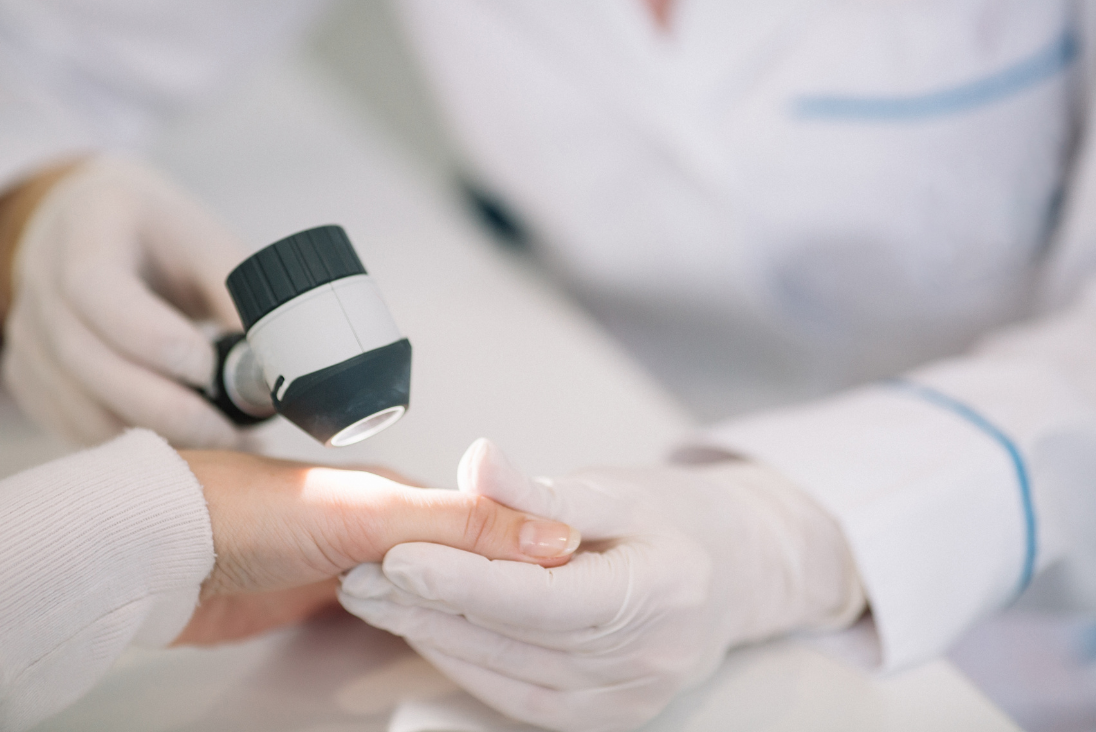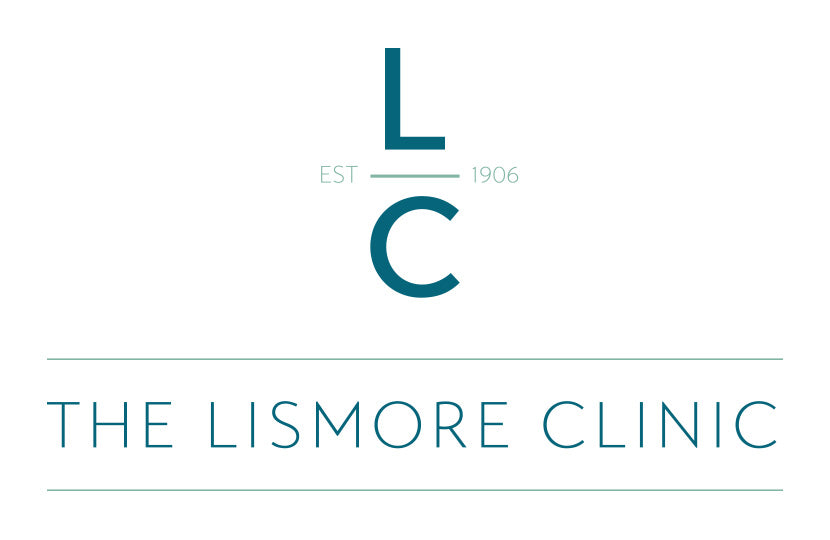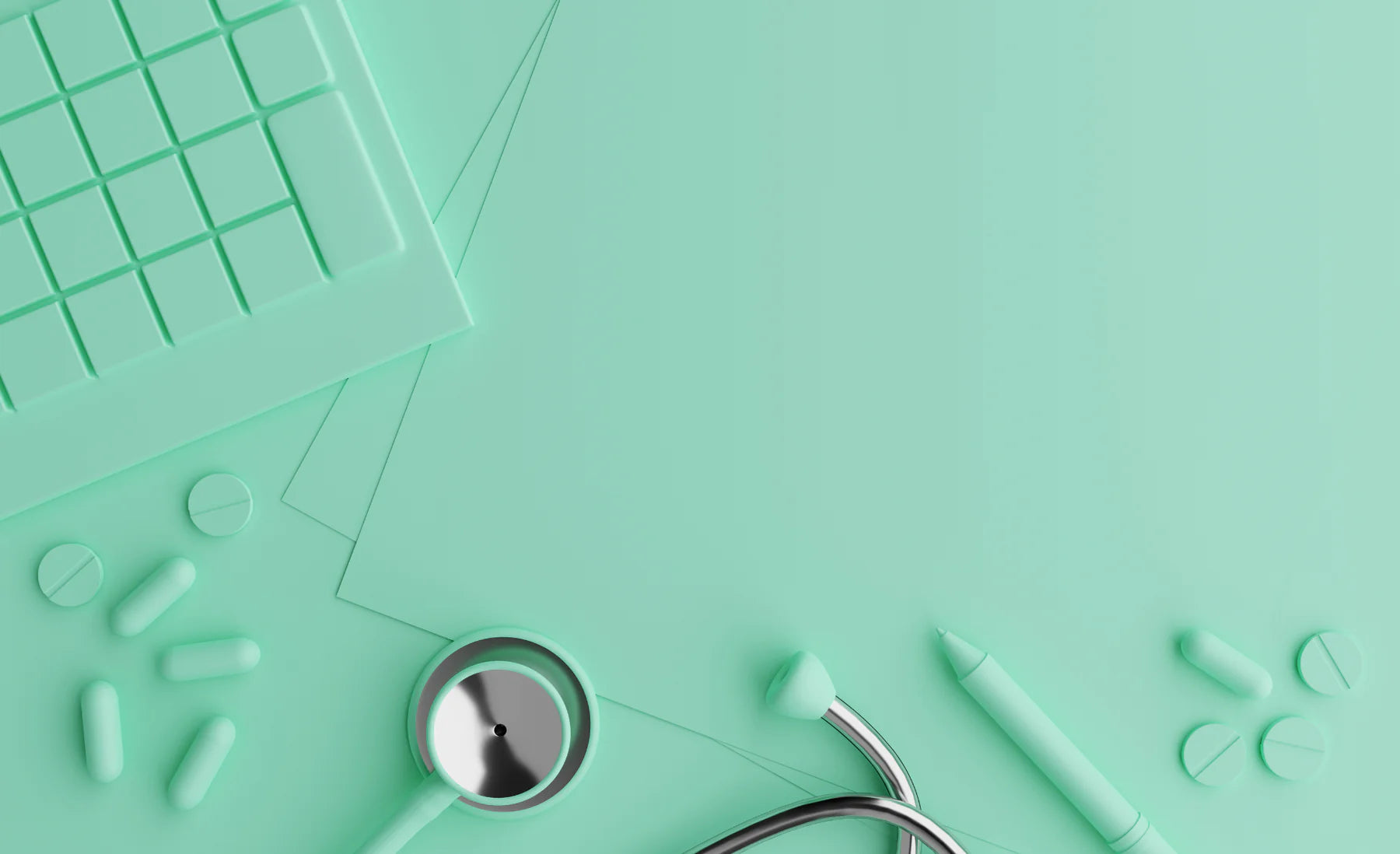Article: Regular skin checks are essential for your health and well-being

Regular skin checks are essential for your health and well-being
As a responsible individual, taking care of your health should be a top priority. While many people focus on maintaining a healthy diet and exercising regularly, one aspect that often gets overlooked is regular skin checks. Your skin is the largest organ of your body and plays a crucial role in protecting you from external elements. Regular skin checks can help detect any potential issues early on, allowing for timely intervention and treatment.
What are regular skin checks?
Regular skin checks involve examining your skin for any changes, abnormalities, or signs of potential skin conditions. This can be done by yourself or with the help of a healthcare professional. The purpose of these checks is to identify any suspicious moles, growths, or other skin irregularities that may require further investigation.
Why are regular skin checks important?
Regular skin checks are important for several reasons:
1. Early detection of skin cancer: Skin cancer is one of the most common types of cancer, but it is also highly treatable when detected early. Regular skin checks can help identify any suspicious moles or growths that may be indicative of skin cancer.
2. Prevention of complications: By detecting skin conditions early on, you can prevent potential complications. For example, if a mole is found to be cancerous, early intervention can help prevent the cancer from spreading to other parts of the body.
3. Peace of mind: Regular skin checks can provide peace of mind, knowing that you are actively monitoring your skin health and taking necessary steps to ensure your well-being.
How often should you perform skin checks?
The frequency of skin checks may vary depending on individual risk factors and personal history. However, it is generally recommended to perform a self-skin examination once a month and have a professional skin check at least once a year. If you have a family history of skin cancer or other risk factors, you may need more frequent checks.
What should you look for during a skin check?
During a skin check, you should look for any changes in the size, shape, color, or texture of moles or other skin growths. Pay attention to any new moles or growths that have appeared recently, as well as any existing ones that have changed in appearance. Additionally, be aware of any sores that do not heal or any itching, bleeding, or pain in a particular area.
Regular skin checks are an essential part of maintaining your overall health. By being proactive and vigilant about your skin health, you can detect any potential issues early on and seek appropriate medical attention. Remember, prevention is always better than cure, and regular skin checks can go a long way in ensuring your well-being.


